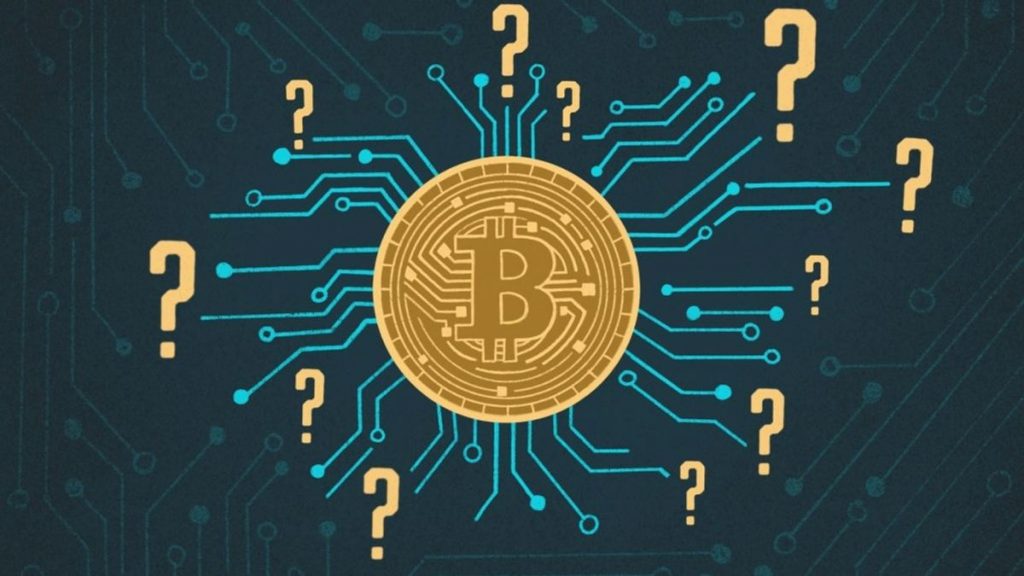Why bitcoin is the real money

Home > Crypto pay >Why bitcoin is the real money

Table Of Contents
What is Bitcoin?
Bitcoin is a type of cryptocurrency, which is digital or virtual currency—like an online version of cash. It works without a central bank and is generally exchanged from person to person when it is exchanged or sold, without any person working in-between to oversee the transaction. Some people like the fact that Bitcoin is not managed by banks or governments. It was primarily released in 2009, and its value has fluctuated over the last twelve years. People can track their Bitcoin ownership by using a cryptocurrency wallet, which is a digital way to exchange payments. It is simple to track as details are saved in a ledger known as the blockchain, which is publicly accessible and contains all verified transactions.Is Bitcoin real money?
Yes, Bitcoin is technically real money. It is fully online, so you cannot get physical coins or notes. You can use it to purchase things, but not many shops accept it yet. Some businesses like those in Canada, the US, Australia, and the EU have started moving towards accepting Bitcoin, but there is a long way to go before it completely replaces our current form of currency. Bitcoin is banned in countries including Russia, China, and Vietnam, and it is not considered a legitimate type of payment. It is extremely high-risk, but some people have made fortunes from it. Anyway, the nature of it being virtual means that problems can separate you from your money very easily.Why does crypto have value?
Cryptocurrencies have some things in common with our general idea of money, but there are some big differences. Although some cryptocurrencies, like PAXG, are pegged to commodities like gold and other metals, most cryptocurrencies have no underlying asset. Instead, belief once again plays an important role in the value of a cryptocurrency. For example, people see value in investing in Bitcoin, knowing that others also trust it and accept it as a medium of exchange and payment system.
For some cryptocurrencies, utility is also a vital factor. To access certain platforms or services, you may need to use a utility token. A service in high demand will therefore give value to its utility token. Not all cryptocurrencies are the same, so their value truly depends on the features of each coin, project, or token.
When it comes to Bitcoin, we can narrow it down to six features that we will discuss in more detail later: decentralization, utility, a system of trust, distribution, security, and scarcity.
Reasons why bitcoin is better than conventional currency
Below are a few advantages of using bitcoins that make it better than any conventional currency:- Bitcoin is decentralized and digital.
With Bitcoin, people get the freedom to exchange value without intermediaries, which translates to bigger control of funds and lower fees. It is cheaper, quicker, more immutable, and more secure. Cash is managed by banks, while Bitcoin has owners.
- Ease of online shopping
Bitcoin can help us do internet shopping. It is like an e-wallet that uses blockchain technology to save, track, and spend digital money.
- Great tool for investment
Bitcoin can be used all over the globe without going through a conversion process. It is considered on par with gold and gathers the best of cash and gold while providing an open market with no limitations imposed by governments or banks.
Bitcoin is peer-to-peer and open, yet safe and nearly frictionless.
Bitcoin permits exchanging value over the internet without any intermediaries and provides its users access to their balance through a password called a private key. So it is private, safe, and at the same time, open.
- Transitional digital currency
There are no boundaries to cryptocurrency or Bitcoin. No exchange values and no 3rd-party interventions Bitcoin allows for seamless transactions across nations with a ledger that is maintained on the backend.
There is no real way of keeping track of conventional currency.
The fundamental technology behind Bitcoin, which is the blockchain, is what makes or breaks it. 1000s of computers in distributed networks use cryptographic methods to make a permanent, public record of every single bitcoin transaction that has ever happened. This record will be extremely valuable for many things besides tracking payment.
Bitcoin as a store of value
Most of the features already described make Bitcoin a good fit as a store of value. US dollars, precious metals, and government bonds are more traditional options, but Bitcoin is gaining status as a modern alternative and digital gold. For something to be the best store of value, it needs:- Portability
As a digital currency, Bitcoin is amazingly portable. All you need is an online connection and your private keys to access your BTC holdings from any place.
Divisibility: Each bitcoin is divisible into 100,000,000 satoshis, permitting users to make transactions of all sizes.
Durability: As long as there are still computers handling the network, Bitcoin is 100 percent durable. BTC cannot be destroyed like physical cash, which is actually more durable than precious metals and fiat currencies.
- Acceptability
There has been widespread adoption of BTC as a payment method for companies and individuals, and the blockchain industry just continues to grow every day.
End words
There is, unfortunately, no neat and single answer as to why Bitcoin has value. The cryptocurrency has the important aspect of having many assets with value, like fiat and precious metals, but does not fit into an easily identifiable box. It acts as money without the backing of any authority and has scarcity like a commodity, even though it is digital.
Finally, Bitcoin runs on a very safe network, and the cryptocurrency has a considerable amount of value placed on it by its investors, community, and traders.
Ricky
Growth Strategist at AurpayAs a growth strategist at Aurpay, Ricky is dedicated to removing the friction between traditional commerce and blockchain technology. He helps merchants navigate the complex landscape of Web3 payments, ensuring seamless compliance while executing high-impact marketing campaigns. Beyond his core responsibilities, he is a relentless experimenter, constantly testing new growth tactics and tweaking product UX to maximize conversion rates and user satisfaction

